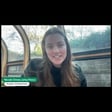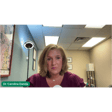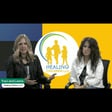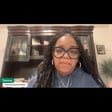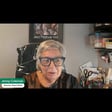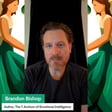
S3/Ep 2: Surviving Domestic Abuse - Advice on Co-Parenting, Trauma Recovery & Protecting Your Kids
Domestic Violence Awareness Month Special Episode
What does it take to leave an abusive relationship when you have children? How do you heal from trauma while being fully present as a parent? Licensed trauma counselor Michelle Johns shares her story about surviving domestic abuse as a parent and offers expert advice on protecting children from witnessing abuse, safely co-parenting with an abuser, managing trauma responses while parenting, finding authentic support after isolation and betrayal, and balancing your own healing journey with creating stability for your kids.
Whether you're currently in an abusive situation, healing from one, or supporting a loved one, this episode provides validation, expert guidance, and practical strategies for moving forward.
